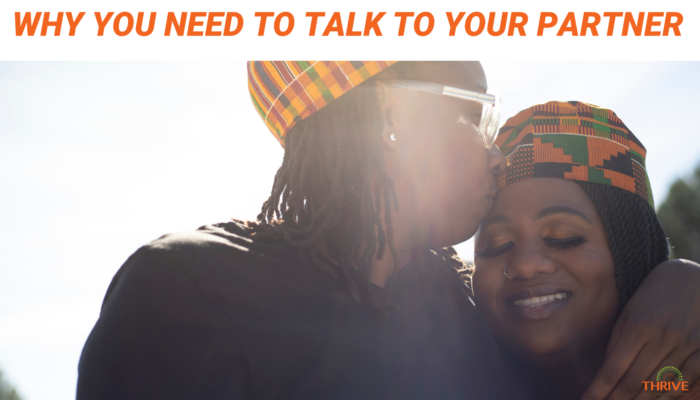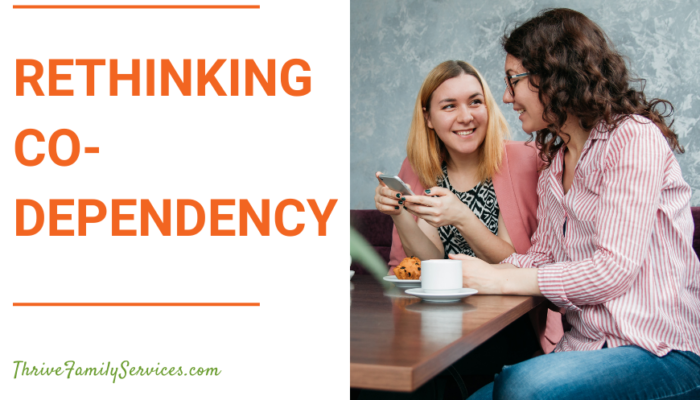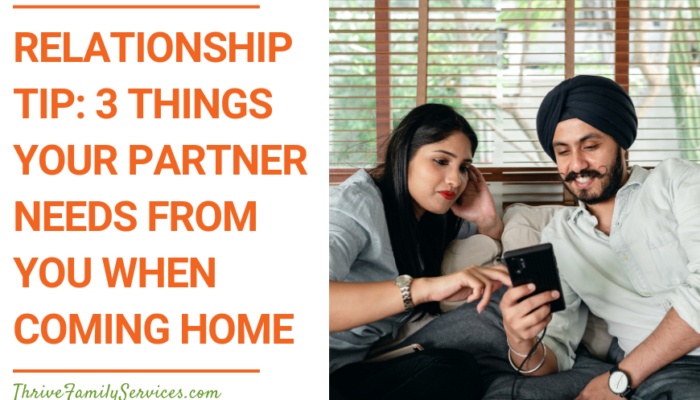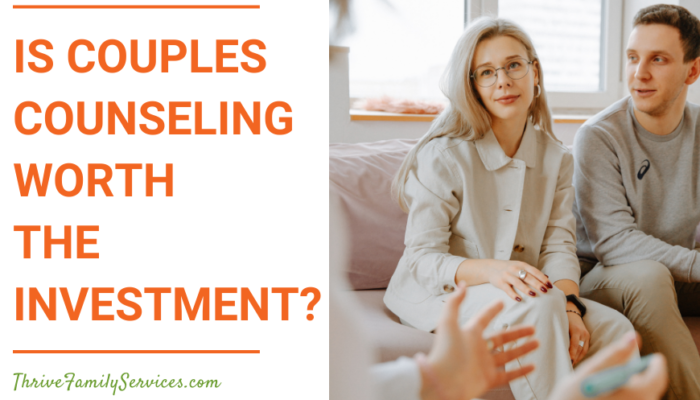Why do I need to talk to my partner? Can’t I just talk to my friends about my feelings? Is it bad if I talk to my friends more than my partner? These are questions that our Centennial therapists hear in couples counseling sessions often.
If you notice that you continually turn to friends instead of your husband, wife, boyfriend or girlfriend, alarm bells should be going off.
Why is it so important to share your worries, stories, wishes, and feelings with your partner when you can just share them with friends or family members?
Most people can probably guess some answers – “I need to talk to my partner…”
- So that my partner can get to know me better
- Because I would want to know these things about my partner, too
- So that we can feel more connected to each other
- Because my partner should know as much about me as my friends and family do
- It’s just a part of being in a relationship
All of these answers are true, but there is one big and important reason that we should regularly and primarily turn towards our partner when we’re happy, hurting, confused, or seeking comfort before we turn to others.
Psychology studies show that choosing to turn towards your partner is the single best way to build trust between you.
Being able to tell your partner how you really feel is a great sign of the presence of trust in the relationship.
The power of communication
A series of studies by Dr. John Gottman showed that couples who were still together after six years of marriage chose to turn towards each other an average of 86% of the time, while the couples who had divorced only turned towards each other 33% of the time.
This information is pretty powerful relationship advice, if you think about it.
It means that you and your partner can do something as easy as talking to one another to make drastic improvements in your relationship!
However, it’s equally as important to note that just telling your partner, “I am stressed at work” isn’t enough.
Effective and honest communication has to be at the center of sharing. Likewise, your partner has to be able to provide responses that are accepting of what you shared.
Individuals who don’t tell their partner what’s going on in their life or in their head are losing out on the opportunity to create trust in their relationship.
When you choose to talk to your friend about your work stress instead of your partner, your partner is missing out on valuable information about you.
They will have no idea that you are having a bad day and lose the opportunity to provide safety and comfort to you.
If partners don’t feel like they can safely or adequately express themselves to each other, they will end up turning to people outside of their relationship for comfort and connection. They are choosing to turn away from their partner or turn against their partner.
This doesn’t mean you can’t also tell your friends or family members about important events and feelings in your life. It also doesn’t mean that your partner needs to know every little event and thought that crosses your mind.
But there are a lot of great benefits that partners have who choose to turn towards their partner to share the things that matter to us.
Creating a safe space
This leads to the next question: If the benefits of sharing things with your partner are so great, why doesn’t everyone do it?
Why would partners not take every opportunity they can to build trust and a healthier relationship? Why do people sometimes avoid turning to their partner when they could be reaching out to them instead?
Most likely, partners who don’t reach out to their partners don’t feel safe enough to do so.
The biggest reason couples don’t feel safe to share, or filter some of their feelings is because they are getting caught in negative cycles.
The more the negative cycles happen, the less people share. The less they share, the more distance and negativity happens and trust goes down. It’s a vicious cycle!
Sometimes, couples get stuck in a blame-defend or pursue-withdraw cycle that can be difficult to get out of. Both people still care for one another and want to connect, but they just don’t know how to get “un-stuck.”
If you don’t feel like you are able to adequately communicate your stories and feelings to your partner, it might be time to see a couples counselor!
The good news is that Emotionally Focused Couples Therapy was created to help couples identify their negative cycle, learn how to reach out to each other and build a relationship with communication and trust.
Broken Trust
Perhaps something already happened that broke the trust between you and it no longer feels safe to turn to your partner as a source support or connection. Or, maybe you feel like your partner doesn’t say the right things when you open up to him or her.
There are ways to heal big hurts such as affairs or other betrayals. You can get your relationship back, and perhaps learn to communicate even better than before trust was broken.
So, how do we build trust and nurture our connection?
Three ways couples can reach to each other to start rebuilding trust and connection
1. Do something fun together. If you and your partner can have fun and laugh together, that’s an easy way to feel closer and start sharing experiences. Go for a hike, watch a funny movie, go to a sporting event… whatever makes the two of you smile and enjoy being in each other’s company.
2. Just share the events of your day with each other. If you can practice sharing the “small stuff,” like the day’s events, it can be a good way to start building the foundation to sharing bigger things with each other, like your life dreams, worries, or emotions.
3. Help each other de–stress. A great way to feel closer together is to do something together that helps you relax. Go to a yoga class or go for a run together if being active helps you de-stress. Or, if going out for a good meal is more your style, do that together! Just makes sure that whatever activity you choose makes you both feel more relaxed and less stressed.
Want to do more? Here are some other ideas of ways to connect with each other during the day to start feeling closer together:
- Make a point to say “hello” and “good bye” to each other with a hug or a kiss
- Eat meals together, as often as possible
- Do errands together, like going grocery shopping
- Learn something new together
- Do some volunteer work with each other
All of these things can bring couples closer together to start feeling more connected!
Finding yourself avoiding talking to your partner and turning to friends instead? Is your attempt to talk to your partner a struggle? Or do you feel stuck in your journey to build connection? Contact our Denver couples counselors: 303-513-8975, X1, or schedule online today:
This blog post was brought to you by couples communication therapy specialist Emma Abel, M.Ed., Ed.S.




